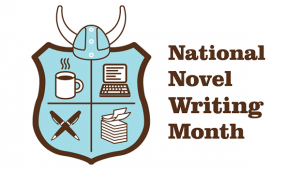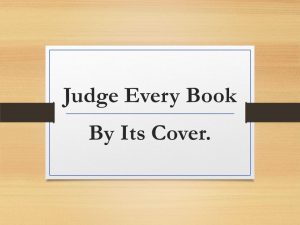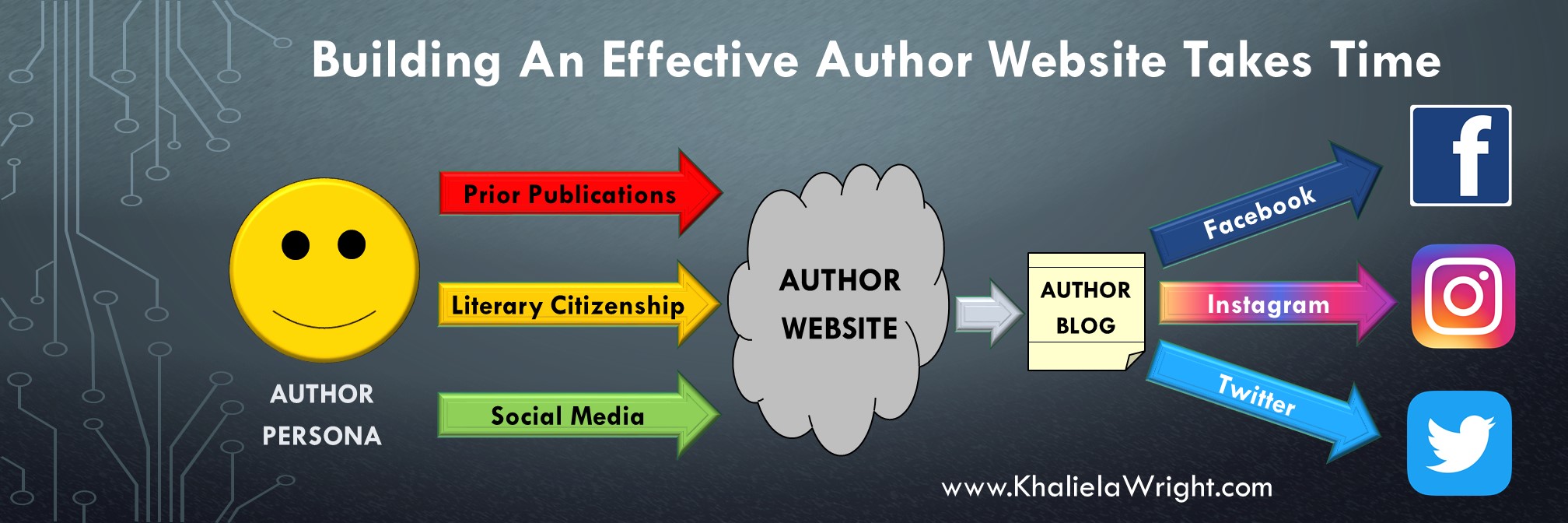I recently had a conversation with Moscow Poet Laureate, Tiffany Midge, about cultural appropriation in writing. While she, a Native American, decried the act when white authors wrote Native American point-of-view characters, she claimed it was acceptable for her to plagiarize the work of Luna Leigh, a white woman living in England. Then she went on to berate Terese Mailhot, a Tecumseh Postdoc Fellow at Purdue University, who brought the plagiarism to light. It seems that theft of language, culture, and ideas is only a bad thing when it happens to you, and not when you do it to others.
What Ms. Midge refused to understand is cultural appropriation goes both ways and has been occurring since man first learned to walk upright. Evidence of it is everywhere. It’s human nature, and it’s not going to change.
I stumbled across a blatant example of cultural appropriation at Saint Gertrude’s Monastery in Cottonwood, Idaho. The nuns host a workshop on understanding Sacred Celtic Landscapes. I could point out that the sacred Celtic landscapes they reference predate the coming of Christianity by hundreds, if not thousands of years, that Celtic religious life originates from the Indo-European religious traditions, not the Judeo-Christian tradition, and that by appropriating those landscapes they have deprived a people of their heritage. Instead, I decided that the post-Christian Celtic narrative is just as important as the pre-Christian narrative.
Continue reading →
 NaNoWriMo is short for National Novel Writing Month. Founded in 1999 with just 21 participants, the movement has grown to including nearly a million writers annually.
NaNoWriMo is short for National Novel Writing Month. Founded in 1999 with just 21 participants, the movement has grown to including nearly a million writers annually.
 Reality Check: Unless you are on the New York Times Best Seller list, book signings won’t bring in a ton of money. So, if not for the money, why should the average Joe participate in a book signing? Exposure.
Reality Check: Unless you are on the New York Times Best Seller list, book signings won’t bring in a ton of money. So, if not for the money, why should the average Joe participate in a book signing? Exposure. We’ve all heard the admonishment, “Don’t judge a book by its cover.” Whoever said that clearly wasn’t trying to sell books in the 21st century. Regardless of whether it’s consumers, bookstore buyers, or the folks making nominations for the
We’ve all heard the admonishment, “Don’t judge a book by its cover.” Whoever said that clearly wasn’t trying to sell books in the 21st century. Regardless of whether it’s consumers, bookstore buyers, or the folks making nominations for the


 I’m often asked when my novel will be published or why it isn’t published yet. Many people don’t realize that the writing process is a lot more involved than simply sitting at a keyboard and writing.
I’m often asked when my novel will be published or why it isn’t published yet. Many people don’t realize that the writing process is a lot more involved than simply sitting at a keyboard and writing.